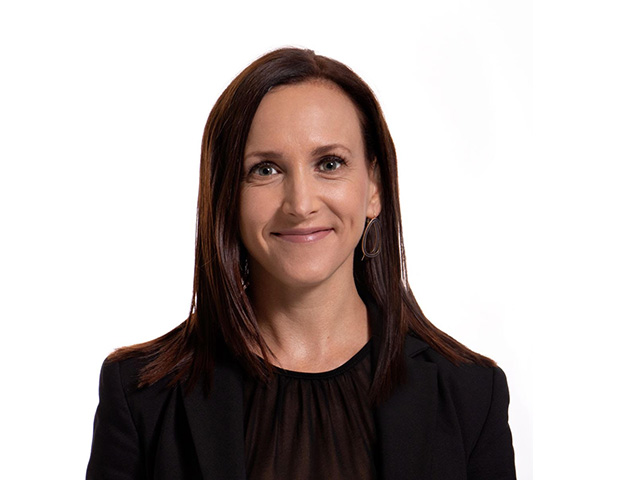Exploring the future of education: Trends to expect in 2022 and beyond
By Industry Contributor 25 January 2022 | Categories: feature articles
By Louise Schoonwinkel, Managing Director of Optimi Home
Despite the challenges, we saw institutions like SACAI (the distance learning examination board) announce record matric results for 2021. Many learners are still on track and are progressing with their educational careers through the adoption of new learning technologies and home education solutions. But what does the future hold for our children and learning institutions? The answer lies in innovation and emerging trends that will reshape the sector.
Prioritising the well-being of students
How did COVID-19, and indeed the transition to remote learning, affect learners mentally and emotionally? Globally, children had to quickly adapt and learn new processes related to online education. Many also had to deal with the loss of parents, family members, and teachers to the pandemic.
Both international bodies and local groups, such as the Children’s Institute, have highlighted the impact of the pandemic on children’s emotional and physical stability. Health and social care systems were not adequately prepared to support children at risk. And the possibility of further school closures can continue to disrupt learning programmes.
Because of this, prioritising children’s mental well-being is paramount to any kind of learning programme or schedule. Whether it be back in traditional school classrooms or at home, there are ways that institutions and parents can monitor learners with technology, such as wellness and mental health tracking apps and solutions built into online learning platforms. What’s needed is a dedicated, focused approach to support our children and improve their overall well-being for an impactful and lasting learning experience.
Building a hybrid classroom
The rapid increase of home education does not signal the demise of brick-and-mortar classrooms. In South Africa, limited resources, infrastructure, and knowledge on how to effectively deliver a comprehensive remote learning experience prevent a national shift in favour of the trend. Our local challenges include the accessibility of equipment, cost of internet data, load shedding, and optimal home learning environments and conditions.
With this in mind, South Africa’s classrooms stand to benefit from a hybrid approach – a mix of traditional and modern teaching methods combined with in-person and remote teaching, made possible by deploying tech-based solutions. Innovations in educational technology (EdTech) have allowed institutions to offer entire Curriculum Assessment Policy Statement (CAPS)-aligned material through online portals, while classrooms can utilise digital resources to aid and improve their existing structures.
Schools vary when it comes to the speed at which they can embrace this shift. While existing schools are having to refit and make new investments in EdTech, others have emerged as hybrid and distance-model-oriented places of learning from the ground up. Many schools cater to learners in this way already, offering quality education experiences tailored to each child. And with the global online education market expected to reach $350 billion in value by 2025, this trend has the legs to continue well into the future.
However, it's important to note that there's no one-size-fits-all approach. Each child has their own preference between in-person and remote learning. We need to bridge the two together and set a new standard in our quality of education.
Taking remote learning and online schools to the next level
Online learning is benefitting from new innovations every day. Spurred on by global developments, the subsector is ready to take the next step in becoming a promising frontier for the provision of education. Thanks to remote working, parents can also assume a greater role in facilitating their child's learning journey and providing them with safe learning spaces. And with rapid developments in Artificial Intelligence (AI) technology, online institutions can streamline the learning process significantly.
With the growth of online schools will come the need to properly oversee and regulate the industry to ensure standards are being met for all learners. Currently, online schools must register with the South African Comprehensive Assessment Institute (SACAI) to ensure compliance with national qualifications requirements for institutions across the country, with many of them providing distance education services. Because of this, online schools fall under the category of homeschooling, which begs the question as to whether the DBE will recognise and facilitate them as distinct education providers.
I believe it's all these trends – and more – that will shape our education sector not just for 2022 but for many years to come.
Most Read Articles

Have Your Say
What new tech or developments are you most anticipating this year?



